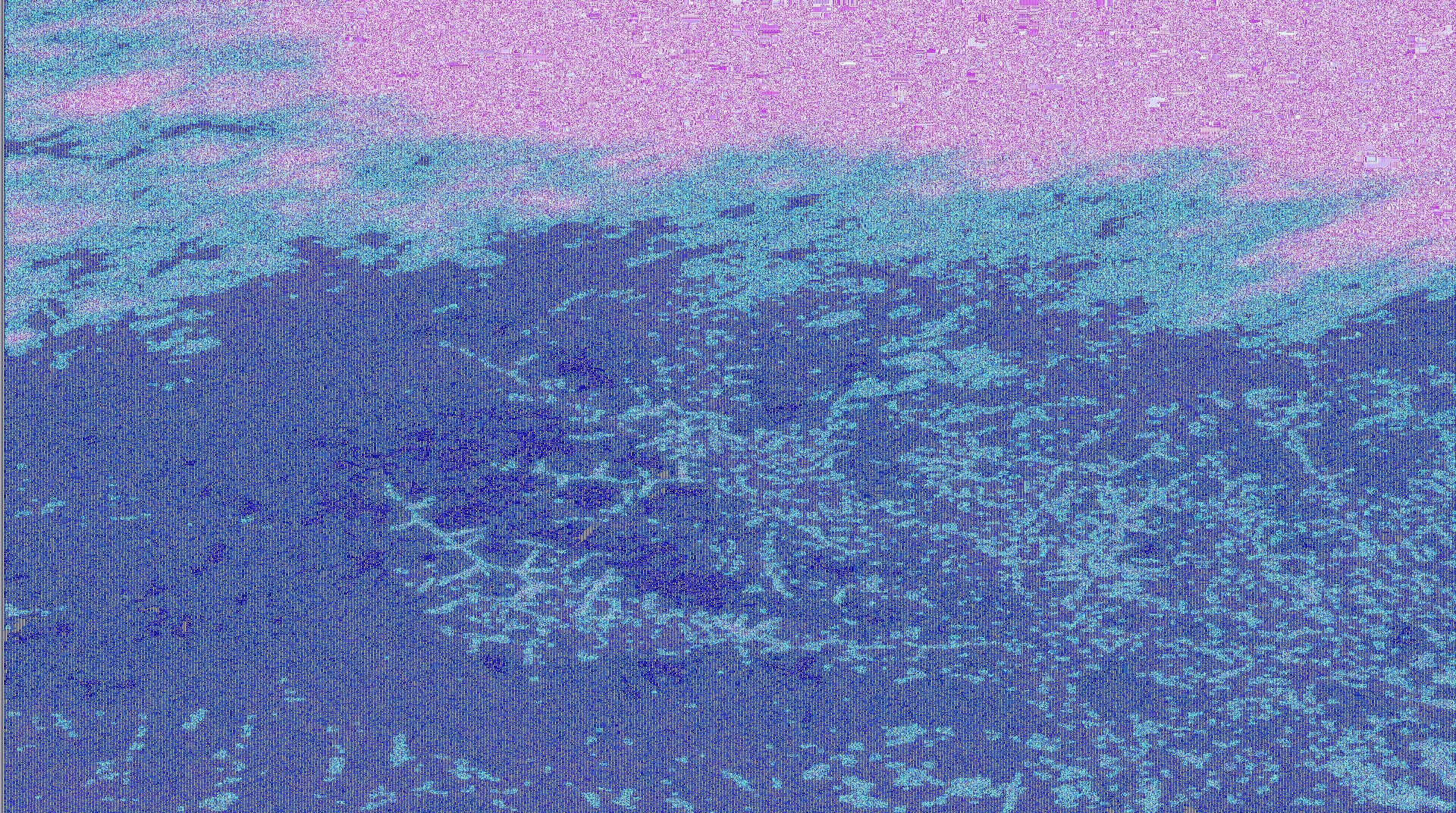Pablo Mazzolo, Ceniza verde
After resisting the Spaniards in the current Sierras de Córdoba, hundreds of HêniaKâmîare women, children, and elders – a people who had lived there for 16 centuries – jumped off the top of the Charalqueta mountain (named after the God of Joy) to avoid being enslaved. The mountain was renamed as Colchiqui (after the God of Fate and Sadness).
This was the biggest collective suicide in the territory currently known as Argentina.
Pablo Mazzolo (Buenos Aires 1976) is a professor at the Quilmes National University, works as a freelance documentary film editor, and teaches workshops on visual perception and image creation to young people living with autism. As a director, he works in analogue film formats exploring the optical and chemical properties of the medium, with a particular focus on human and natural landscapes and the theme of indigenous sovereignty.
Orazio Leogrande
Ten shorts made in Argentina throughout the last ten years. Ten works shot on film. Perhaps these are the only features that these films have in common. One might ascribe them to experimental cinema, inclined as they are to renew forms of expression, production and cinematic experience. These films are in fact self-produced, made by choice, distributed in alternative spaces, and in some cases put together over years. From epistolary exchanges to historical memory, from the structural analysis of a place to its hallucinated revisitation, they reflect a profound image of a distant land. Economic crisis, institutionalised populism, social neglect– but also market colonialism, planetary homogenisation, expanded virtuality, have hindered this form of cinema which – despite or thanks to this – has managed to imagine an alternative present. When at the turn of the millennium the market began to move towards digital, these directors shot their first works in film. Celluloid has the advantage of sowing an immediate, sometimes secret dialogue with filmmakers of the prior generation. It also offers a physical connection with the work material. It anchors a frame to reality, by virtue of a sole and unrepeatable ray of light. Precisely because it is forgotten, the analogue reveals itself as an inexhaustible space of freedom. The films in this programme summarise a near past, and are the outcome of a common battle. In uncertain times, these films also appear as a luminous auspice for what cinema will become.
Con il patrocinio di:


Si ringraziano per la collaborazione:


ALL SCREENINGS ARE FREE


